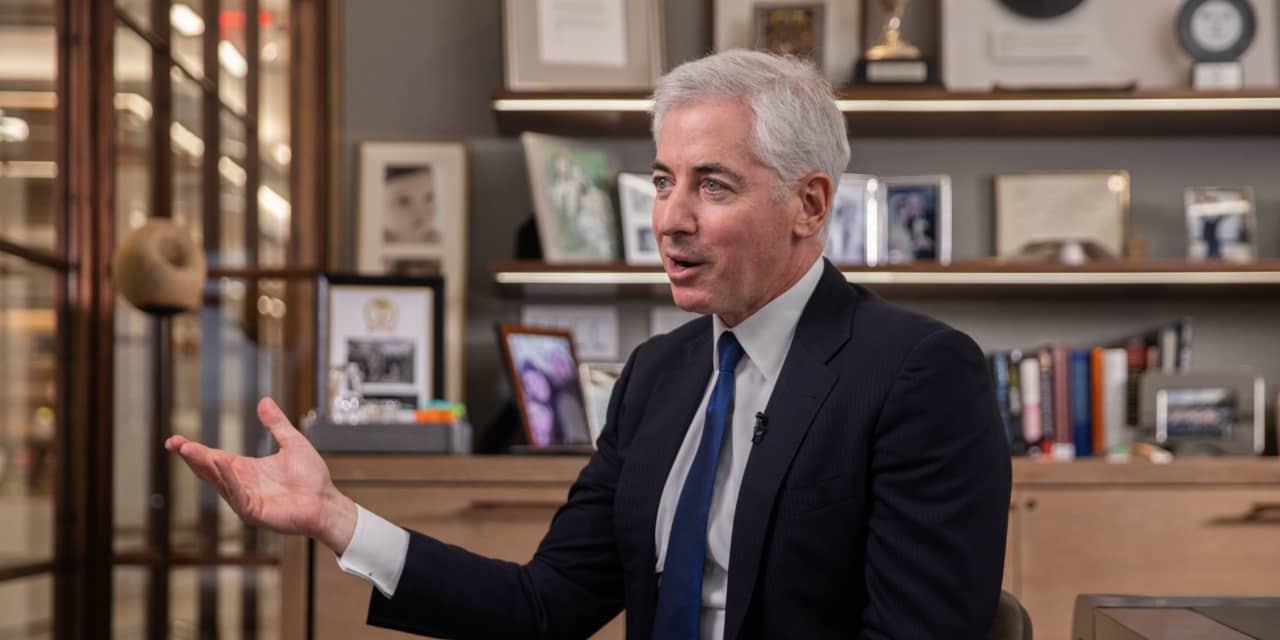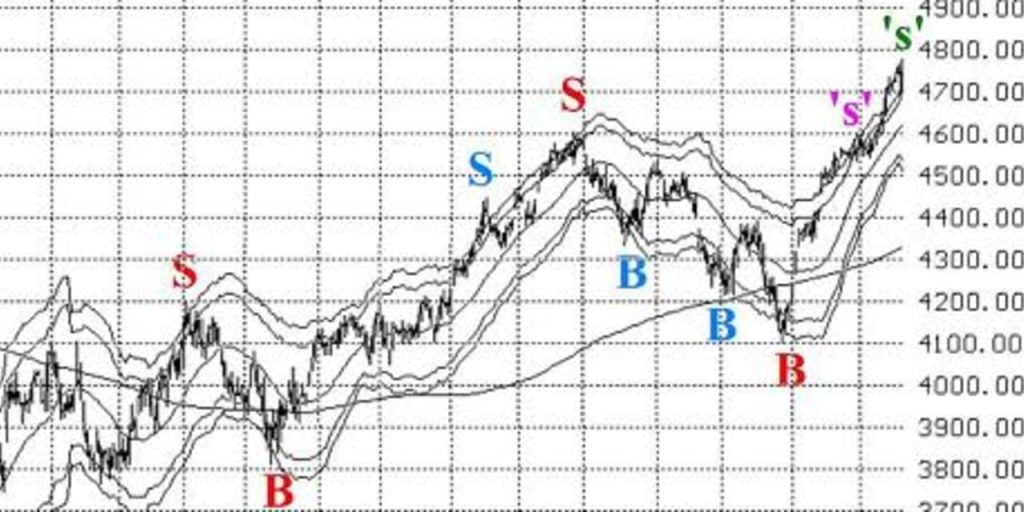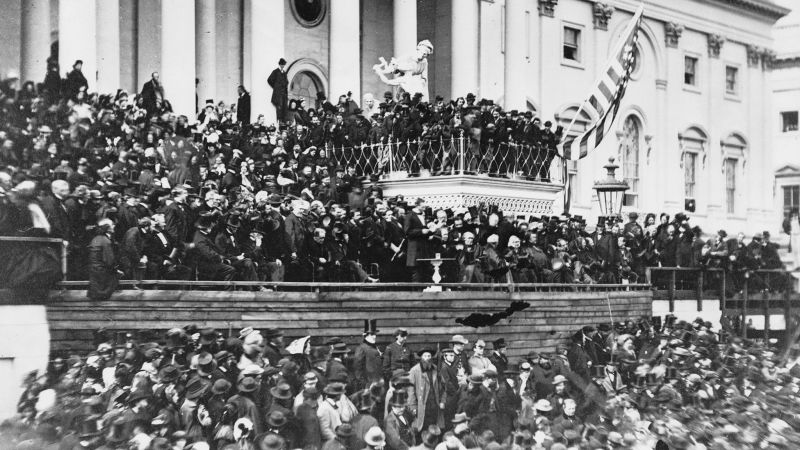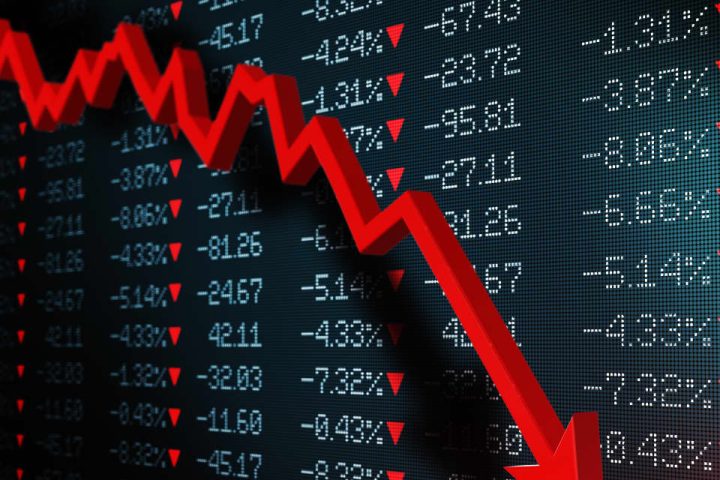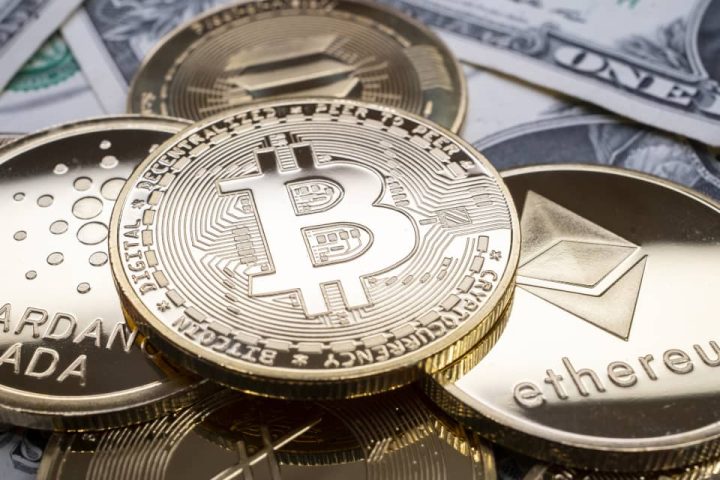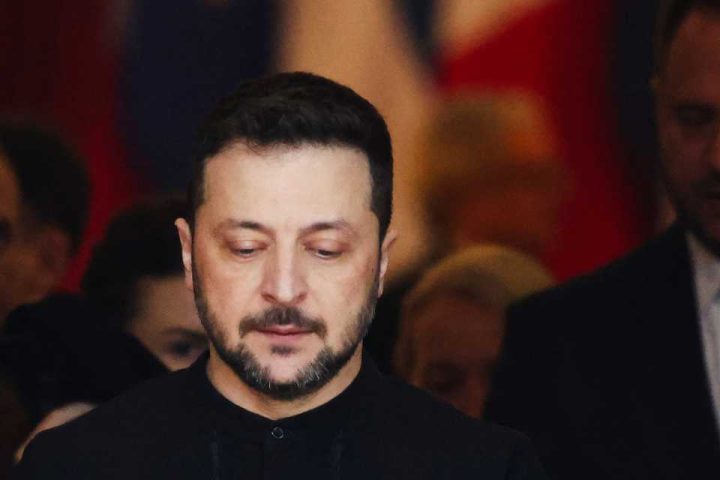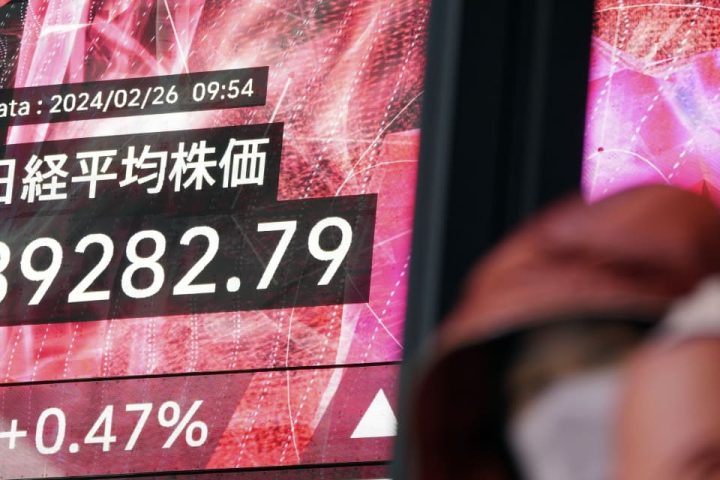Investor
Bill Ackman’s
main investment vehicle narrowly topped the
S&P 500
during 2023, continuing a string of strong annual performance.
Pershing Square Holdings,
a $12 billion closed-end fund that is listed in Europe and trades in the U.S., returned 26.7% based on its net asset value in 2023, ahead of the S&P 500’s 26.3% advance (including reinvested dividends).
Barron’s has written favorably on the fund as an attractive way to get Ackman’s investment services given the sharp discount of the fund’s shares to its net asset value. The fund still looks appealing given a still-wide discount of 28% at the end of 2023, five percentage points narrower during the year.
The fund is traded mainly in London and on Euronext in Amsterdam, but it also changes hands in the U.S. over the counter under the ticker PSHZF.
The fund’s shares are down 3.3% at $43.50 on Wednesday. It can be difficult, however, for U.S. investors to buy. Some brokerage firms won’t allow customers to purchase Pershing Square since the shares are listed overseas.
“It is rare in the investment world to be able to hire a manager with an exceptional long-term track record for less than 70 cents on the dollar.” says Eric Boughton, a portfolio manager at Matisse Capital, which runs the Matisse Discounted Closed End Fund Strategy mutual fund (MDCEX), whose largest holding is Pershing Square.
Boughton cites as positives “a steady diet of cash distributions, accretive share repurchases, and multiple longer-term catalysts.” He estimates that the fund’s discount has widened to about 31% so far this year.
Ackman has held out the possibility of a merger of the fund with a U.S. company that would give it a desirable U.S. listing.
Howard Hughes Holdings,
a real-estate developer in which Pershing Square owns a roughly 38% stake, has been mentioned as a possible target. But it’s not clear whether there would be any strategic benefit to such a deal or whether a transaction would do much to narrow the discount.
The concentrated fund holds just 11 positions including
Alphabet,
Restaurant Brands International,
Hilton Worldwide,
Lowe’s, Howard Hughes, and
Chipotle Mexican Grill.
The fund has leverage of about $2 billion, which magnifies its returns.
In 2022, the fund fell 8.8% based on its NAV, better than the S&P 500’s negative 18.1% return, but it narrowly trailed the index in 2021. In 2020, Pershing Square topped the S&P 500 by a wide margin (70.2% versus 18.2%) when Ackman scored with negative bets on corporate bonds during the initial days of the pandemic.
The fund’s shares returned 36% in 2023 based on the market price, according to Bloomberg calculations, better than the NAV performance because the discount on the fund narrowed to 28% from 33% after getting as wide as 37%.
The fund has traded at a persistently wide discount in the past three years that has averaged 31%.
Jefferies analyst Matt Hose is one of a few analysts who follow Pershing Square, and he has a Buy rating.
Barron’s has argued that one reason for the big discount is the high fee structure of the fund. It charges a 1.5% base fee and an incentive fee of 16%, subject to a high-water mark.
This is a stiff fee for a concentrated long-only fund with low turnover run by relatively small staff at Ackman’s Pershing Square Capital Management. There are about a dozen investment pros focused on the fund, and fewer than 50 staff in total at the firm, based on the 2022 annual report.
The closed-end fund accounts for the bulk of the firm’s assets under management.
The fund generates about $150 million in annual base fees and can produce a windfall for Ackman in a good year like 2021, when performance fees totaled $464 million when the fund gained 26.9%, but trailed the S&P 500 by about two percentage points.
During 2023, the gross returns were 31.8% with fees totaling about five percentage points.
Pershing Square likely generated big performance fees last year. They won’t be discounted until the fund’s annual report is released. A more fair fee structure might involve an incentive fee only if the fund tops the S&P 500.
Other reasons for the discount are that the fund lacks a natural constituency in Europe as a U.S-oriented equity fund. And Ackman’s ownership of more than 20% of the fund makes it unlikely that activists can force the fund to become an open-ended vehicle, and collapse the discount. Ackman’s stake is worth about $1.8 billion.
Similar overseas funds including Scottish Mortgage and Third Point Offshore trade at discounts to NAV, but Pershing Square’s discount has been the widest. Scottish Mortgage, profiled favorably in Barron’s last May, has an annual fee of just 0.3% annually.
The Pershing Square fund has repurchased a sizable amount of stock, and the discount has narrowed by about nine percentage points since a $250 million program was unveiled in November. Boughton estimates that about $70 million of stock has been repurchased since the new program began.
Ackman has an excellent long-term record dating back 20 years and Pershing Square Holdings investors have done very well in the past five years. But the fund fared poorly from 2015 through 2017 and that showing weighs on its longer-term results.
Pershing Square Holdings went public at $25 a share in October 2014, and has returned about 7% annually since then based on its year-end 2023 share price, way behind the 12% yearly return on the S&P 500, Barron’s calculates based on Bloomberg data. The fund is slightly behind the S&P 500 using its net asset value over the same span, we calculate.
Investors could try to replicate the fund by simply purchasing its largest holdings, and avoid the fees. But then they would miss out on Ackman’s forays outside the stock market including a negative bond bet in 2023 that generated profits for the fund.
Write to Andrew Bary at [email protected]
Read the full article here
